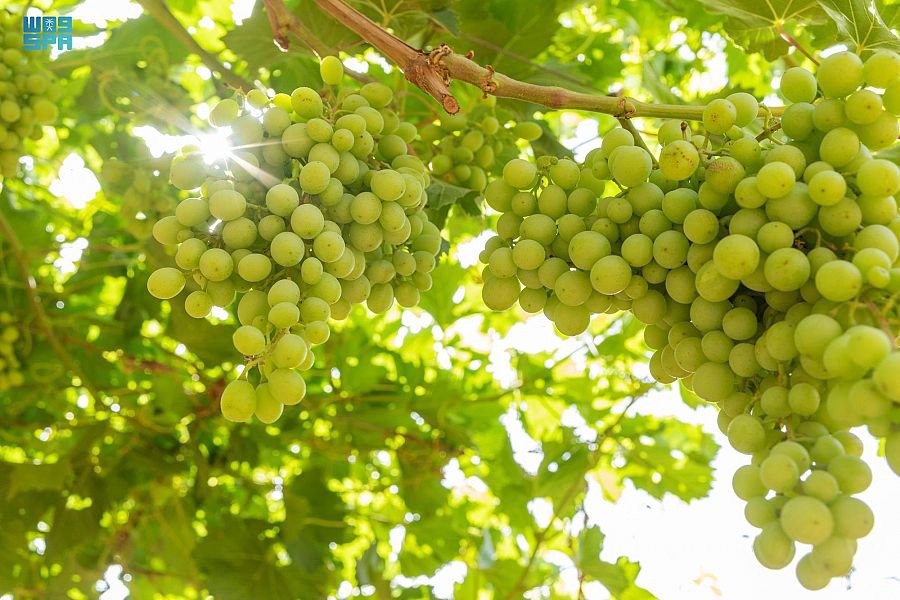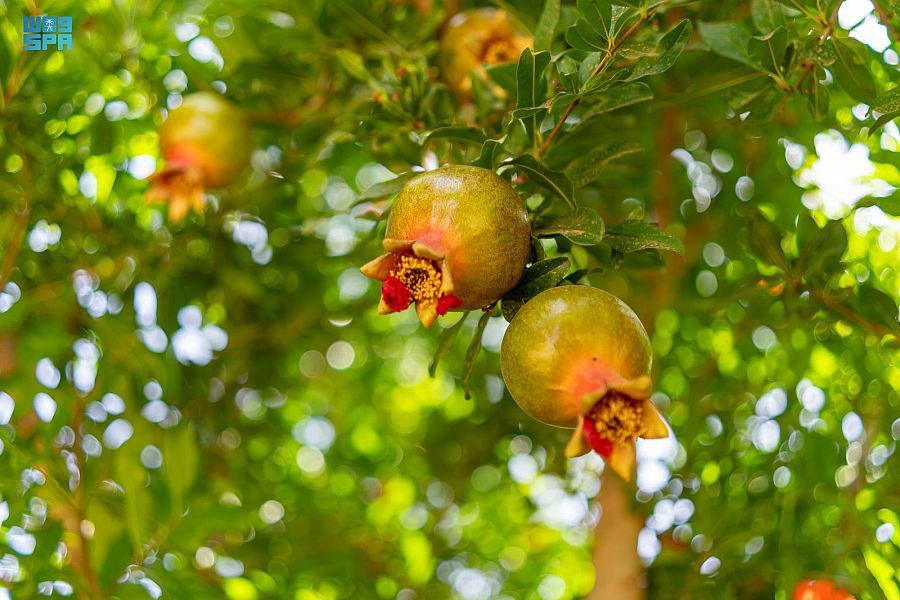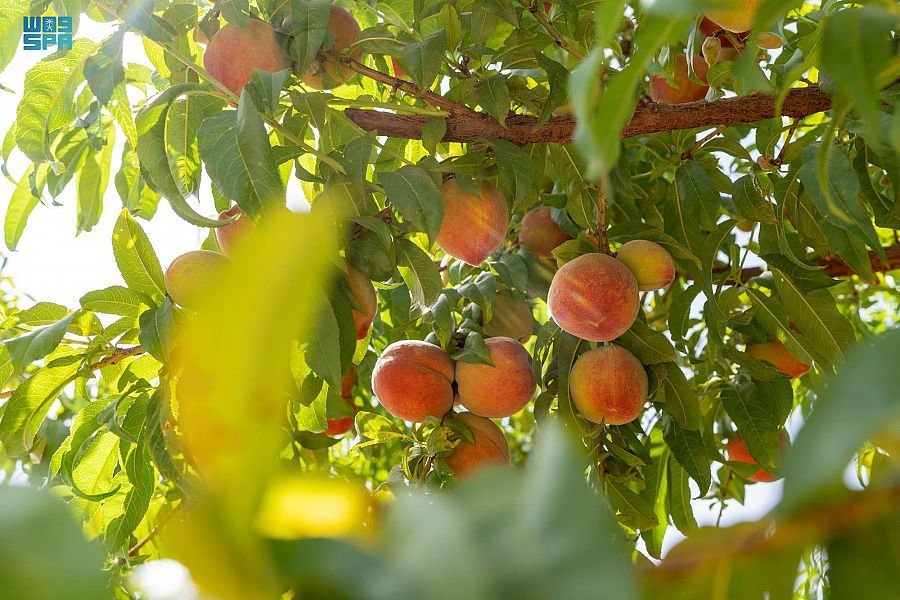RIYADH: The Saudi Ministry of Surroundings, Water and Agriculture has launched the ‘It is About Time’ marketing campaign to boost consciousness within the Kingdom concerning the significance of consuming domestically produced seasonal fruits.
The marketing campaign comes “In an effort to attain the utmost dietary profit from domestically produced fruits and promote wholesome consumption of agricultural merchandise,” in line with Saleh bin Dakhil, spokesperson for MEWA.
The “Ja’a Wagtaha” (“It is Time”) marketing campaign goals to familiarize individuals with the various kinds of native fruits and their availability durations in numerous seasons all year long,” Bin Dakhil advised Arab Information.
“The ministry is dedicating its efforts to boost consciousness concerning the significance of the fruit by way of well being advantages, introduction of the Saudi product, sufficiency charges, manufacturing portions and manufacturing industries,” he stated.

“These aims embody growing native manufacturing, selling using home produce, elevating its high quality and security requirements, spreading consciousness of agricultural merchandise, growing consciousness of the varied seasonal fruit choices that the Kingdom enjoys, in addition to growing effectivity. of the advertising and marketing system for domestically produced fruits of their manufacturing season to assist native farmers and improve their monetary return,” he stated.
SPEEDREAD
• The marketing campaign comes “In an effort to attain the utmost dietary profit from domestically produced fruits and to advertise wholesome consumption of agricultural merchandise”.
• The marketing campaign “goals to familiarize individuals with the various kinds of native fruits and their availability durations in numerous seasons all year long,” the official says.
Bin Dakhil stated that the assist the agricultural sector obtained from the nation’s management contributed to the event of the agricultural manufacturing sector by way of the amount and high quality of vegetable and fruit crops.
Final yr, Saudi Arabia maintained its excessive rating within the “Meals Requirements” index, which is a sub-component of the International Meals Safety Index, and was ranked first worldwide in 2020. On the peak of the pandemic, the Kingdom additionally ranked eighth out of 113 nations within the meals self-sufficiency index.
“The Ministry is working in keeping with the instructions of the Kingdom’s Imaginative and prescient 2030, which goals to enhance and improve the usual of residing, enhance the standard of life and maximize using the renewable pure assets that our beloved Kingdom abounds in,” Bin Dakhil stated. .
The Ministry works in accordance with the instructions of the Kingdom Imaginative and prescient 2030 geared toward enhancing and elevating the usual of residing, enhancing the standard of life.
Saleh bin Dakhilspokesman on the Saudi Ministry of Surroundings, Water and Agriculture
“The implementation of the nationwide technique for agriculture has considerably contributed to the rise within the charge of self-sufficiency, in addition to the provision of many commodities and main crops to native markets, as the quantity of native fruit manufacturing, excluding dates, amounted to roughly 900,000 tons of seasonal fruit in 2021.”
“However the advertising and marketing of this produce remains to be the largest problem within the agricultural sector and subsequently this marketing campaign has come to assist promote the advertising and marketing of native agricultural merchandise,” he stated.
Saudi Arabia produces many sorts of fruit and usually exports what exceeds its self-sufficiency necessities. Native fruit manufacturing, together with dates, is about 2.5 million tons.
The Kingdom has achieved self-sufficiency percentages in lots of sorts of fruit, together with dates with a self-sufficiency charge of as much as 122 %, figs as much as 107 %, watermelons as much as 99 %, cantaloupe as much as 81.5 hundred, grapes as much as 60%, pomegranates as much as 34%, citrus fruits as much as 15% and bananas as much as 4%.



